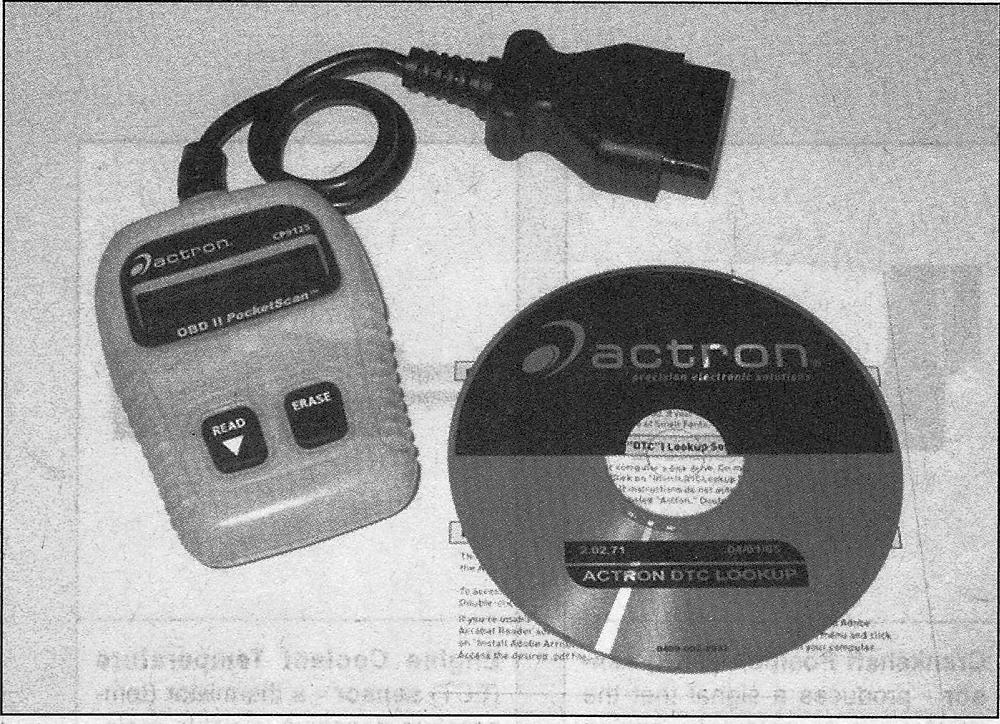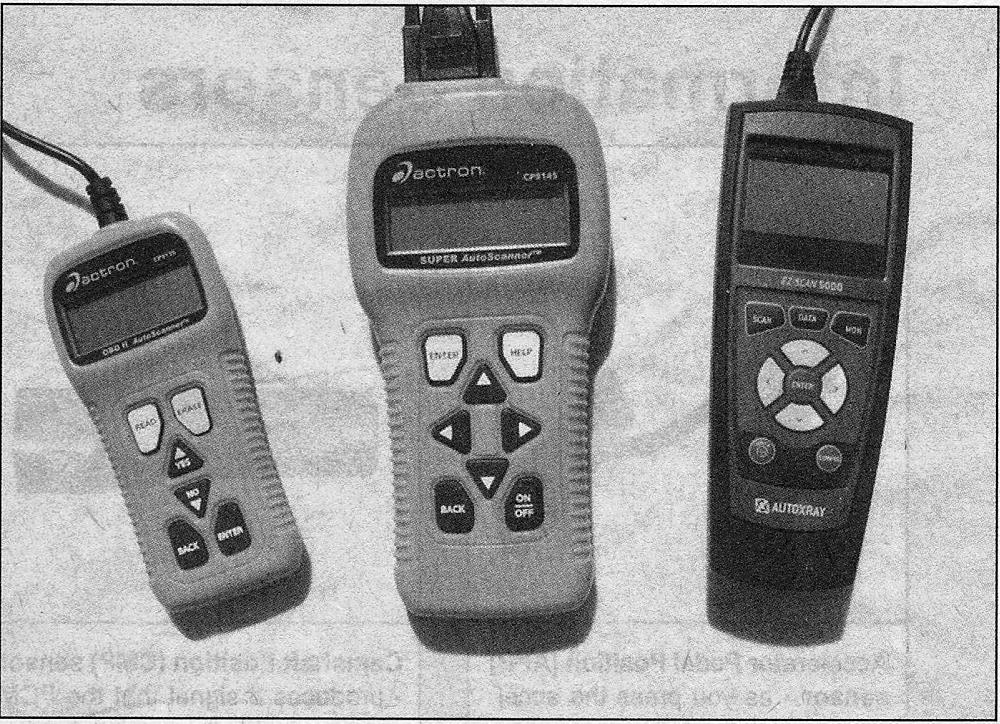On Board Diagnosis (OBD) system Ford F150
General description
1. All models are equipped with the second generation OBD-II system. This system consists of an on-board computer known as the Powertrain Control Module (PCM), and information sensors, which monitor various functions of the engine and send data to the PCM. This system incorporates a series of diagnostic monitors that detect and identify fuel injection and emissions control system faults and store the information in the computer memory. This system also tests sensors and output actuators, diagnoses drive cycles, freezes data and clears codes.
2. The PCM is the brain of the electronically controlled fuel and emissions system. It receives data from a number of sensors and other electronic components (switches, relays, etc.). Based on the information it receives, the PCM generates output signals to control various relays, solenoids (fuel injectors) and other actuators. The PCM is specifically calibrated to optimize the emissions, fuel economy and driveability of the vehicle.
3. It isn’t a good idea to attempt diagnosis or replacement of the PCM or emission control components at home while the vehicle is under warranty. Because of a federally-mandated warranty which covers the emissions system components and because any owner-induced damage to the PCM, the sensors and/or the control devices may void this warranty, take the vehicle to a dealer service department if the PCM or a system component malfunctions.
Scan tool information
Simple code readers are an economical way to extract trouble codes when the CHECK ENGINE light comes on
Hand-held scan tools like these can extract computer codes and also perform diagnostics
4. Because extracting the Diagnostic Trouble Codes (DTCs) from an engine management system is now the first step in troubleshooting many computer-controlled systems and components, a code reader, at the very least, will be required More powerful scan tools can also perform many of the diagnostics once associated with expensive factory scan tools . If you’re planning to obtain a generic scan tool for your vehicle, make sure that it’s compatible with OBD-II systems. If you don’t plan to purchase a code reader or scan tool and don’t have access to one, you can have the codes extracted by a dealer service department or an independent repair shop.
Note: Some auto parts stores even provide this service

